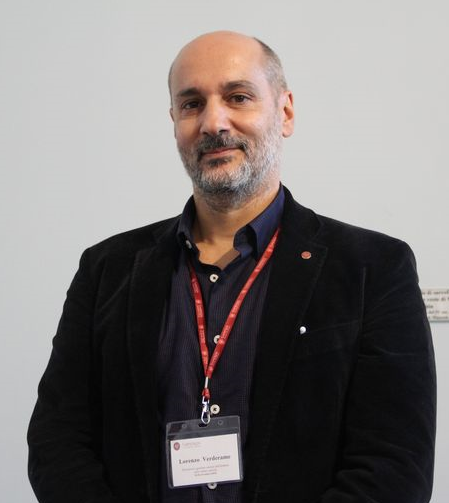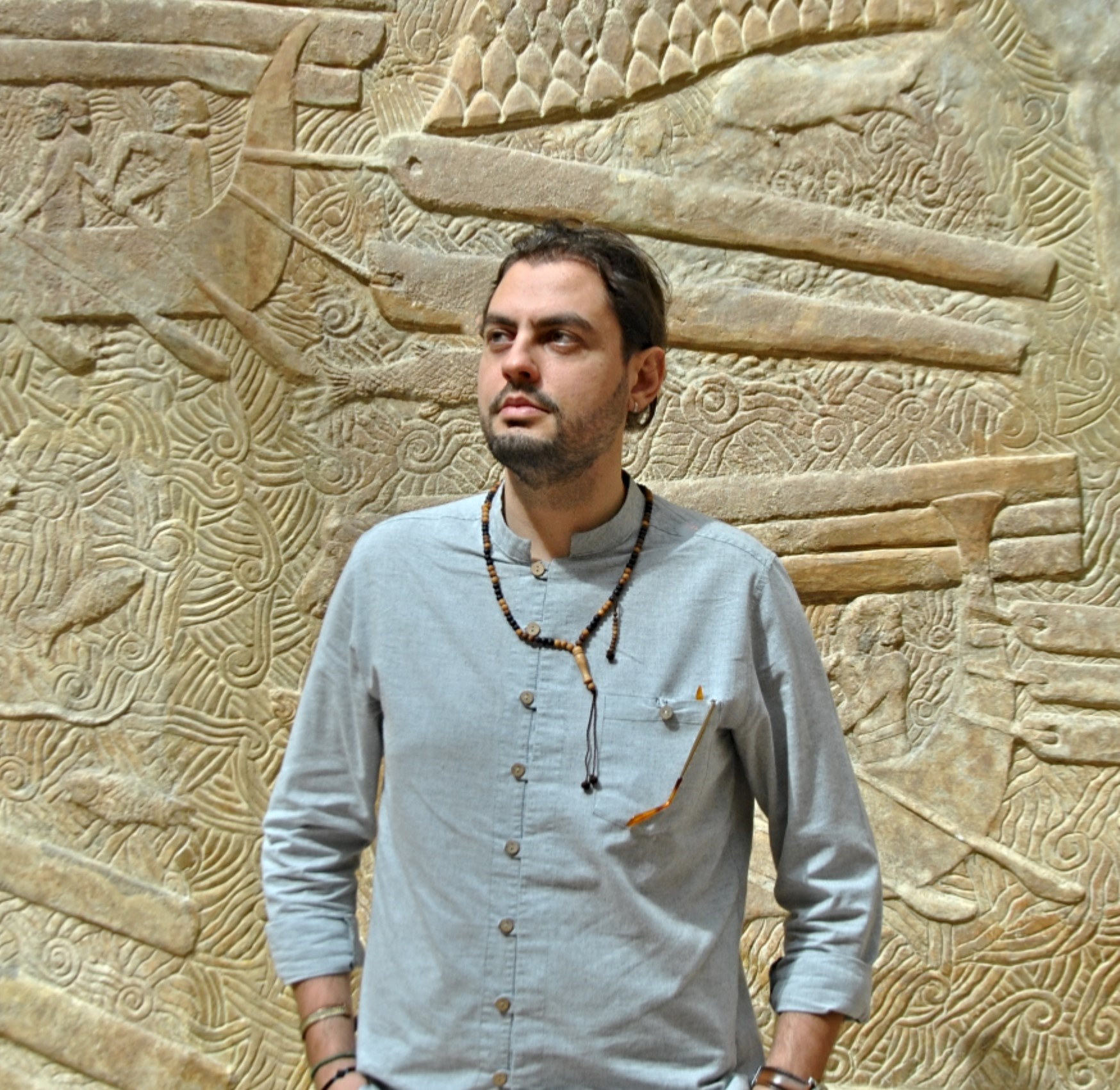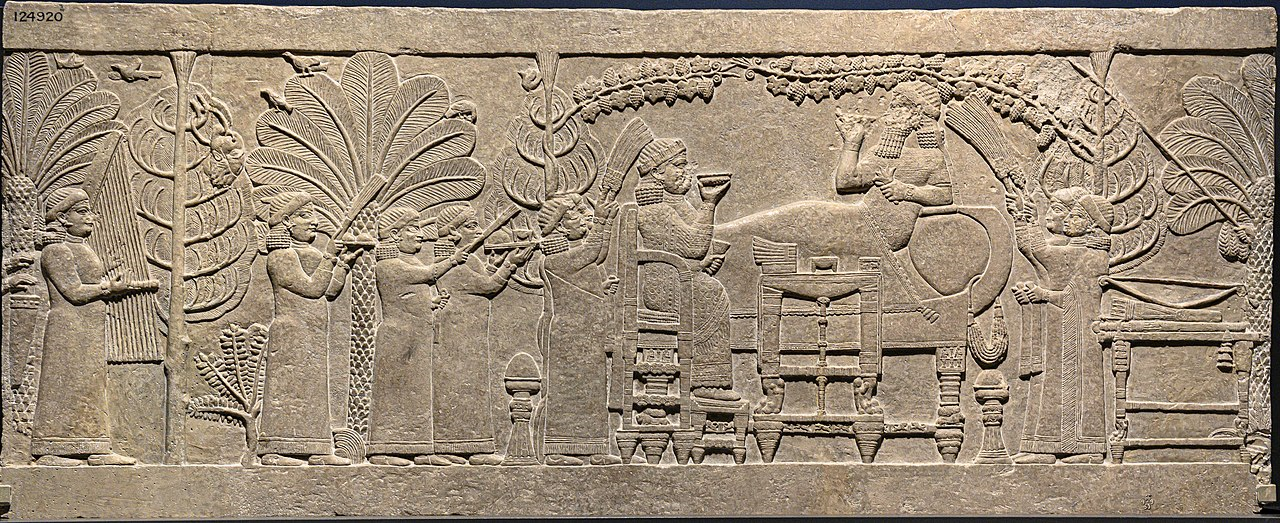PIANET

PIANET - Plants in the ancient Near Eastern texts. A transdisciplinary analysis of the human-plant relations in Mesopotamia during the Neo-Assyrian and Neo-Babylonian periods
ID Call: HORIZON-MSCA-2023-PF-01 MSCA Postdoctoral Fellowships
Sapienza's role in the project: Host Institution

Supervisor: Lorenzo Verderame

Fellow: Gioele Zisa
Department: History, Anthropology, Religion, Arts and Performing Arts
Project start date: September 1, 2024
Project end date: August 31, 2027
Abstract:
PlANET project aims to reconsider the role of ten plant species in Mesopotamia during the Neo-Assyrian and Neo-Babylonian periods (10th–6th cent. BCE), by evaluating how 1st millennium Mesopotamian communities thought about their relationships with the environment, by both influencing it and being conditioned by it. The project has three main objectives:
- To achieve a better understanding of the role of the selected plant species in symbolic-religious, political-ideological, scholarly, and gender spheres.
- To demonstrate the relevance of these plant species in the economy and determine how ideology may reflect their economic importance.
- To identify instances of human overexploitation of plant resources and the resulting destruction of plant biodiversity, leading to ecological traps with long-term effects that persist today.
 The project is the first full-scale study permitting us to dramatically increase our knowledge of Mesopotamian human-plant relations, by producing an innovative transdisciplinary non-anthropocentric paradigm, involving the methods of historical-philological and eco-anthropological research, the Environmental Humanities theories, the archaeobotanical literature and the tools of Digital Humanities. It will set up an open-access database offering a systematic integration of textual data and archaeobotanical information to establish links between plant emic names, identifications, and activities described in textual sources. Such data variety will be analyzed in the light of Ecological Anthropology and Environmental Humanities. This holistic approach will make the outcomes relevant to a broad academic community since the addressed questions and methodologies can be used in other research fields, regions, and periods.
The project is the first full-scale study permitting us to dramatically increase our knowledge of Mesopotamian human-plant relations, by producing an innovative transdisciplinary non-anthropocentric paradigm, involving the methods of historical-philological and eco-anthropological research, the Environmental Humanities theories, the archaeobotanical literature and the tools of Digital Humanities. It will set up an open-access database offering a systematic integration of textual data and archaeobotanical information to establish links between plant emic names, identifications, and activities described in textual sources. Such data variety will be analyzed in the light of Ecological Anthropology and Environmental Humanities. This holistic approach will make the outcomes relevant to a broad academic community since the addressed questions and methodologies can be used in other research fields, regions, and periods.

